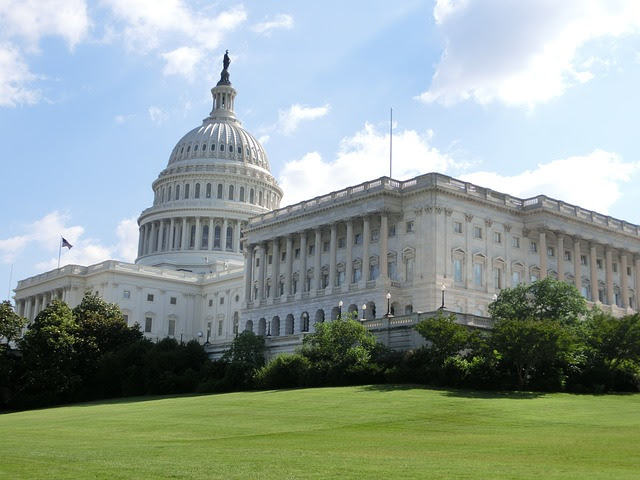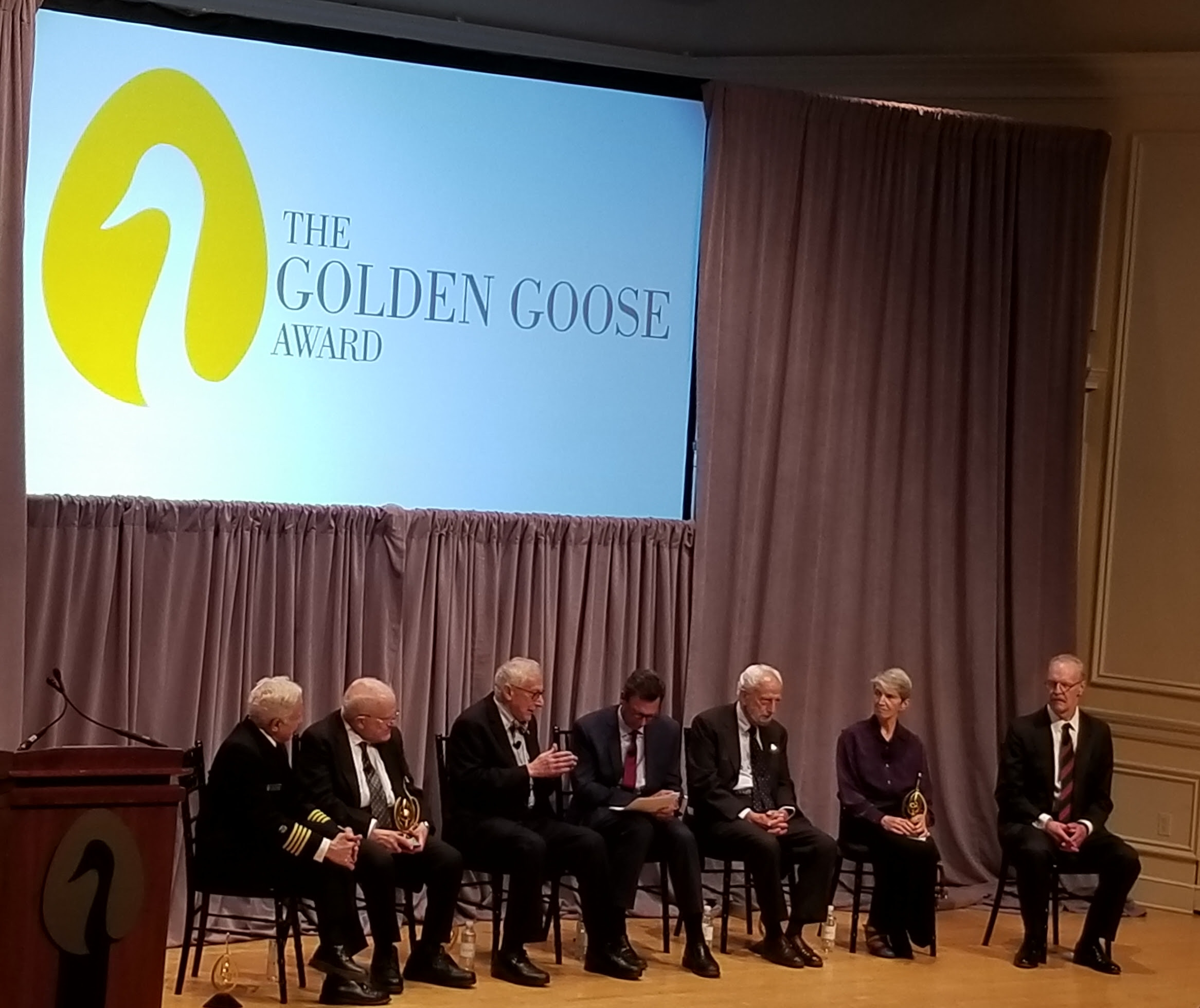FABBS News Highlights: September 12, 2019
Friday, September 13, 2019
(0 Comments)
Posted by: Psychonomic Society
|
|
|

Congress
is Back in Session for a Busy September
Congress returned to Washington, DC after a summer recess. Shortly before leaving town, Congress passed an agreement to lift the unworkable
budget caps put into place back in 2011, paving the way for a busy September.
The House has already passed 10 of the 12 appropriations bills. The Senate, on the other hand, had announced their plans to move four appropriations
bills each week. Read
more »
|
|
 NICHD
Appoints a Neuropsychologist as Deputy Director, OSTP Releases Budget Priorities for FY21 NICHD
Appoints a Neuropsychologist as Deputy Director, OSTP Releases Budget Priorities for FY21
Alison Cernich, Ph.D., has been selected as
deputy director of the Eunice Kennedy Shriver National Institute of Child Health and Human Development (NICHD). Dr. Cernich will assist the NICHD Director in overseeing the institute’s research programs in biological, behavioral, and clinical research related
to conception and pregnancy, typical and atypical development in childhood, reproductive health, and medical rehabilitation. Read
more »
|
|
 FABBS
Scientists Meet with Rep. Katherine Clark (D-MA) FABBS
Scientists Meet with Rep. Katherine Clark (D-MA)
On Wednesday, August 28, FABBS scientists had the opportunity to meet with
Representative Katherine Clark (D-MA) in her district office in Malden, MA. Rep. Clark serves on the House Appropriations Committee and on the subcommittee with jurisdiction over the National
Institutes of Health (NIH) and the Institute of Education Sciences. Rep. Clark is a strong champion for NIH, with a particular interest in behavioral science. Read
more »
|
|
EARLY CAREER SPOTLIGHT: Derek Reed, PhD, Association
for Behavior Analysis International
|
|
 Tornadoes,
Safe Sex, and Happy Hours: Why Data-Guided Policies Can Save the World Tornadoes,
Safe Sex, and Happy Hours: Why Data-Guided Policies Can Save the World
When should people hear a tornado warning siren? If the goal is to minimize fatalities, the answer is – surprisingly – not as soon as possible.
Giving people a longer heads up is better, but only up to about 15 minutes. Lead times longer than that could result in more deaths than no
warning at all. Why? Dr. Derek Reed, Associate Professor of Applied Behavioral Science at the University of Kansas, explains the solution to this riddle: we reduce the value or risk of events
in the future, a phenomenon called delay discounting. Read
more »
|
|
|
|

Golden
Goose Honors Basic Science that Ultimately Transforms our Lives
The American Association for the Advancement of Science hosted the 8th Annual Golden Goose Awards. This award honors federally-funded research
that may have at first seemed “silly”, frivolous, or obscure, but have led to breakthroughs with lasting and broad impact. FABBS was a sponsor for this well-attended event, held at the Library of Congress. Read
more »
|
|
Attend
-
Coalition
for Health Funding Public Health Fair (Sept 12)
-
National Academies Twitter Chat on Reproducibility
in Science (Sept 16)
-
Reintegrating Biology Town Halls (Sept
17 or 18)
-
Emerging
Frontiers in Research and Innovation Program - NSF Informational Webinar (Sept 18)
-
Reproducibility
and Replicability in Science Public Seminar (Sept 24, Washington, DC)
-
Advancing
BSSR to Address National Priorities for Health Care and Population Health Improvement (September 24)
-
APA Technology, Mind, and Society Conference (Oct 3-5, Washington,
DC)
-
2019
Henry and Bryna David Lecture (Oct 10, Washington, DC)
-
16th
Annual AERA Brown Lecture in Education Research (Oct 24, Washington, DC)
Apply and Nominate
Funding
Read
Watch
Share
|
|
UPCOMING FABBS MEMBER SOCIETY ANNUAL MEETINGS
|
|
FABBS News Highlights is a semi-monthly electronic newsletter published by the Federation of Associations in Behavioral and Brain Sciences with
the goals of keeping scientists updated on federal budget and policy issues affecting the sciences of mind, brain and behavior; recognizing the research contributions of leading scientists; and sharing research findings to inform policies and programs.
Editor: Juliane Baron
Contributors: Juliane Baron, Megan Kamphouse,
Diana Liao, Brenda Yang
|
|
FABBS Mission
FABBS promotes human potential and well-being by advancing the sciences of mind, brain, and behavior; promoting scientific research and training in these fields; educating the public
about the contributions of research to the health and well-being of individuals and society; fostering communication among scientists; and recognizing scientists who have made significant contributions to building knowledge.
|
|
|
|
|
|
|
|